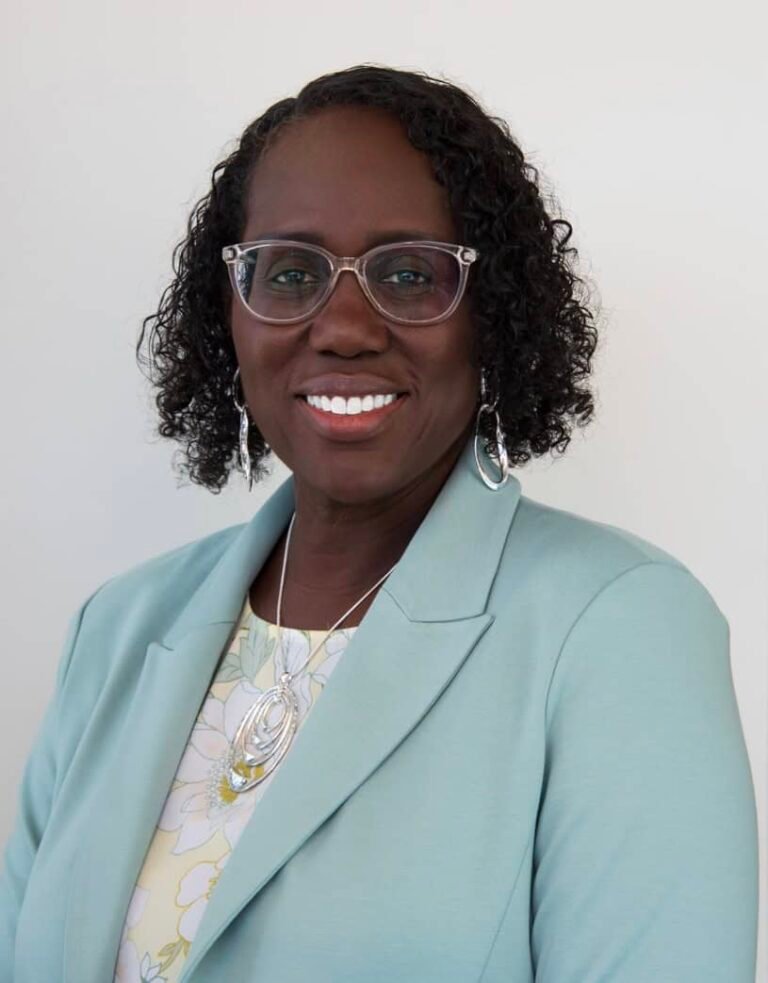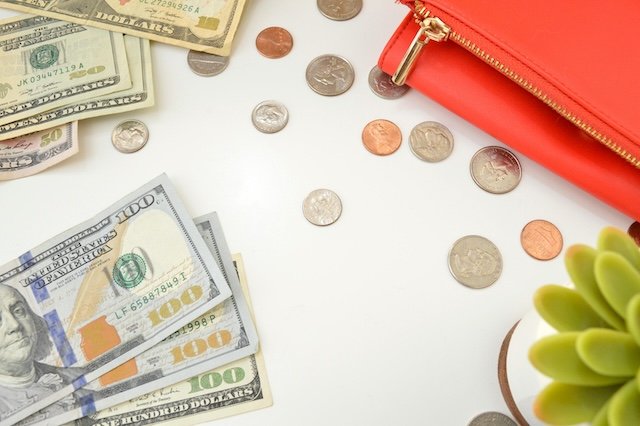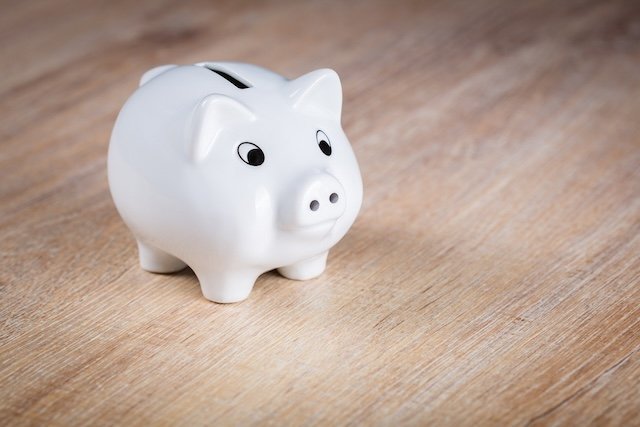
My first exposure to financial education was eye-opening.
When I was in kindergarten, my mom took me to the credit union to open a savings account. I vaguely remember handing a plastic sandwich bag, with a few dollar bills and a crazy amount of coins in it, to the woman behind the counter.
The questions I asked right there in the credit union were age-appropriate: How come I don’t get my own money drawer? How will she find my money when I come back to get it?
I didn’t like the answers I got to those questions at all. Let’s just say the ride back home was a long one — for my mom.
Despite “the incident,” my mom kept teaching me how money works.
I learned about wants vs. needs when I begged her to buy me something I just couldn’t live without. Opportunity cost made sense when my mom patiently explained that buying one thing meant I had to give up the option to buy something else.
When I got my first job, in high school, my mom showed me why my take-home pay wasn’t what I thought it would be. Taxes, I learned, were indeed a thing. Still, it was a given that I would save money from every summer job to help pay for college. (I’m a proud FAMU Rattler, by the way.
Speaking of college, my mom and I also had frank, data-driven conversations about what my family could afford to pay for my education and how taking on student loans would negatively affect my income as a future journalist.
I left home with a solid financial literacy foundation. Back then, I didn’t realize that I had been given a gift.
I’ve definitely financed vacations with credit cards and struggled to build an emergency fund. However, I was able to course correct — thanks to the consistent financial education I received while growing up.
For the most part, I knew what I didn’t know about money, and I had the confidence and skill to seek answers from reputable sources. As I forged ahead toward a financially secure future, I shared what I learned about money with friends and family. I still do that today.


As a former journalist, I’m an expert at translating complex concepts into language that is easy to understand.
It’s a superpower that I apply to the world of financial education.
Learning about money doesn’t have to be boring. Fun and financial education definitely go together in my book.
Let’s work together to give young people the tools they need to take charge of their finances for a lifetime!
Fun Facts About Me
I ❤️ a good
factory tour.
A few of my favorites: South Carolina’s BMW plant, the Martin’s Potato Chip factory in Pennsylvania, the Achadinha Cheese Company in California, and the Bureau of Engraving and Printing in Washington, D.C.
🚗 🥔🧀💰
Public libraries
are my happy place.
I love the anticipation of finding my next great read as I browse the stacks. I always have plenty of books to choose from because I have library cards from six different public library systems! 📚
I’m Team Pancakes,
no matter what.
Pancakes are way better than waffles — and French toast, for that matter. Enough said. 🥞



